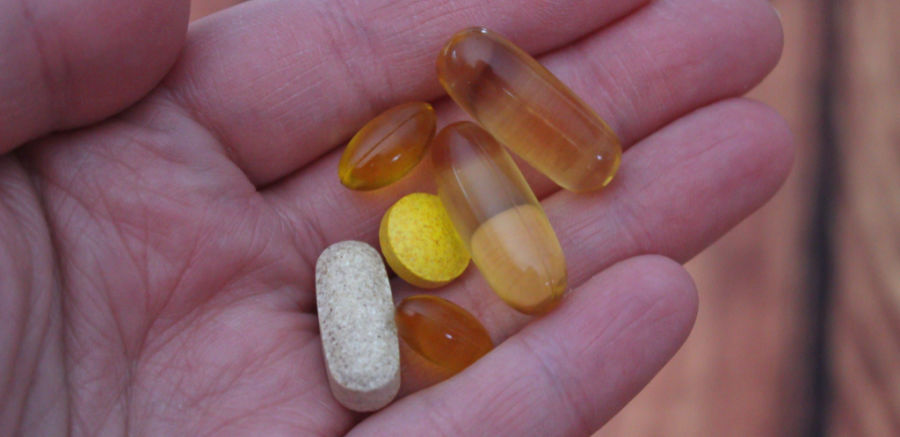Vitamin Deficiencies in Older Adults
Over the years we have heard of deficiencies impacting the health of seniors we serve. This is a brief list of the most common vitamins that older adults are deficient in and what they do:
- Vitamin B12. Vitamin B12 is essential for the formation of red blood cells and maintenance of a healthy nervous system.
- Folic Acid. Folic acid is one of the B vitamins, and it helps your body make new cells. If you don’t have enough red blood cells you will feel weak and tired or be anemic.
- Vitamin C. Vitamin C is needed for the growth and repair of tissues in all parts of your body. It is used to form an important protein used to make skin, tendons, ligaments, and blood vessels. Vitamin C is one of many antioxidants. Antioxidants are nutrients that block some of the damage caused by free radicals.
- Vitamin D. Vitamin D is produced by the body in response to sunlight. With the use of sunscreen or if older adults are told to stay out of the sun due to medical reactions, a lack of this vitamin may result. Vitamin D is essential for strong bones because it helps the body use calcium.
Mild vitamin deficiencies are common among older adults and can cause anemia, confusion, and propensity to infections. Poor wound healing can be an indicator of mild vitamin deficiencies. Irreversible organ damage can be caused by severe vitamin deficiency.
Causes
The causes of vitamin deficiencies vary. Many adults do not eat a health diet to gert the vitamins they need. Smoking tobacco, excessive drinking, malabsorption disorders and gastrointestinal surgery may contribute to certain vitamin deficiencies.
What to Eat:
Common foods to eat to get more of those vitamins you could be lacking.
- Vitamin B12. Clams; Beef Liver; Mackerel; Crab; Tofu; Light Plain Soymilk; Fortified Cereals; Red Meat; Low Fat Dairy (Skim Milk); Lamb; Swiss Cheese; Eggs
- Folic Acid. Dark Leafy Green, Asparagus; Broccoli; Citrus Fruits; Lentils, Peas and any type of Beans; Avocado; Okra; Brussel Sprouts; Seeds and Nuts; Cauliflower; Beets; Corn; Celery; Carrots; Squash.
- Vitamin C. Parsley; Broccoli; Bell Peppers; Strawberries; Oranges; Lemon Juice; Papaya; Cauliflower; Kale; Mustard Greens; Brussel Sprouts; Kiwi; Brussel Sprouts.
- Vitamin D. Fish, Fortified Cereals; Oysters; Caviar; Fortified Soy Products (Tofu, Soy Milk); Salami; Ham; Sausages; Fortified Dairy Products; Eggs; Mushrooms.
This information should not be taken as medical advice, please advise your doctor for individualized information on your own vitamin deficiencies and possible interactions with current medications you take.

